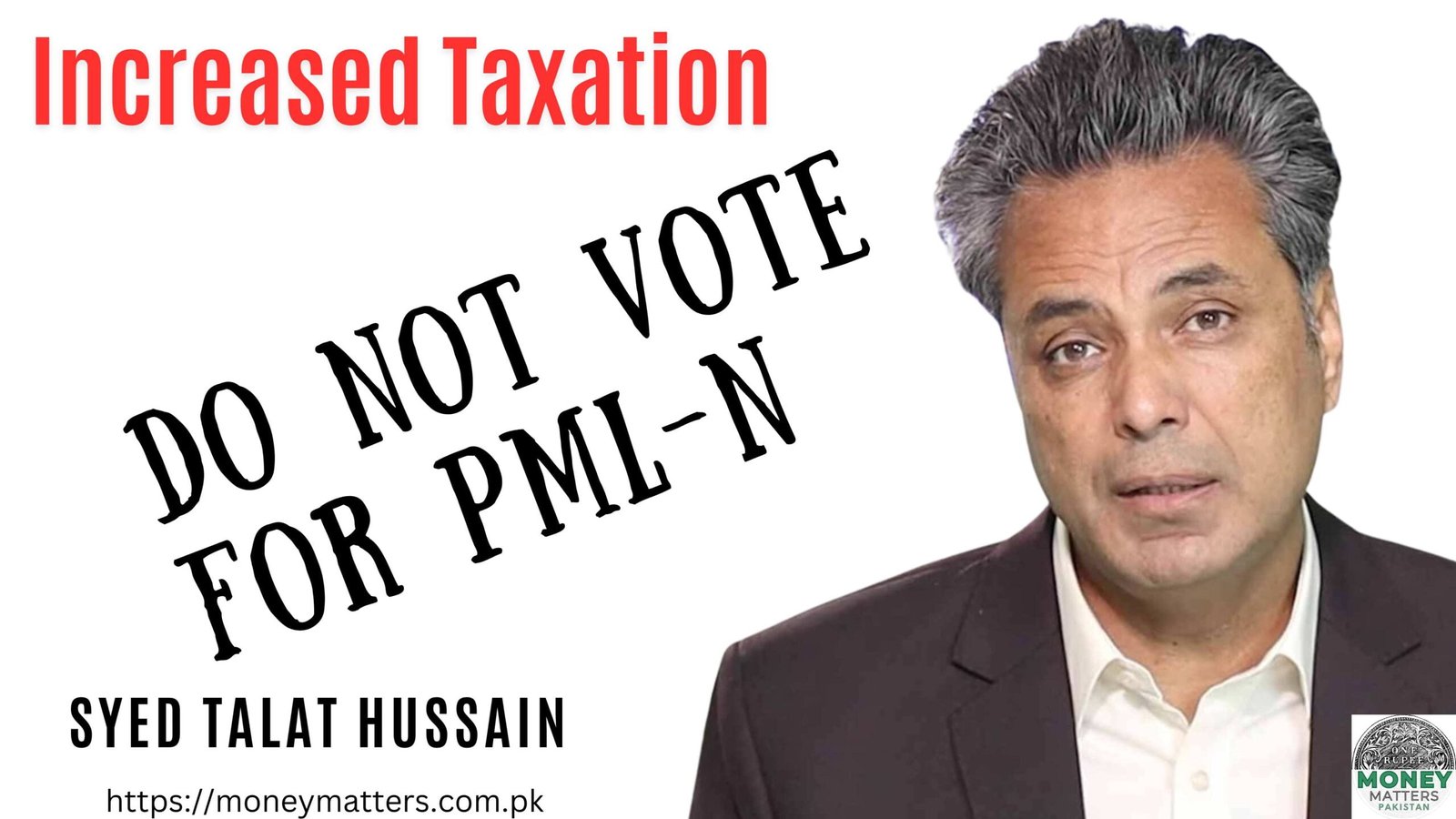In a recent vlog, Syed Talat Hussain, a prominent Pakistani journalist known for his incisive commentary, strongly criticized the government’s taxation policies, particularly targeting the burdens imposed on the salaried class. Talat, known for his outspoken views on socio-political issues, condemned the recent introduction of super taxes and other measures affecting the salaried class. He emphasized that while these policies have sparked widespread anger and debates, the true story lies beyond mere parliamentary discussions.
He highlighted that the government’s decision to impose super taxes, alongside standard tax hikes, unfairly burdens the salaried class and is indicative of a skewed taxation strategy. He pointed out that such measures were not part of any budgetary discussion but were enforced abruptly, causing undue financial strain on ordinary citizens. According to him, the government’s approach lacks transparency and equity, undermining public trust and exacerbating economic hardships for those already struggling.
The veteran journalist underscored the need for fair taxation policies that do not disproportionately impact wage earners. He criticized the manner in which these tax reforms were hastily implemented without adequate consultation or consideration for their broader socio-economic implications. Talat Hussain argued that such policies not only deepen inequalities but also erode public confidence in governmental decision-making processes.
Furthermore, he cautioned against sensationalizing the issue solely for political mileage, urging a deeper understanding of its real implications for the average Pakistani. He stressed that this critique is not aimed at undermining the government but rather at advocating for policies that promote economic justice and alleviate the burdens on the working class.
In conclusion, Syed Talat Hussain’s remarks have sparked significant public discourse on the fairness of Pakistan’s taxation system, resonating widely among citizens concerned about economic equality and governmental accountability.




